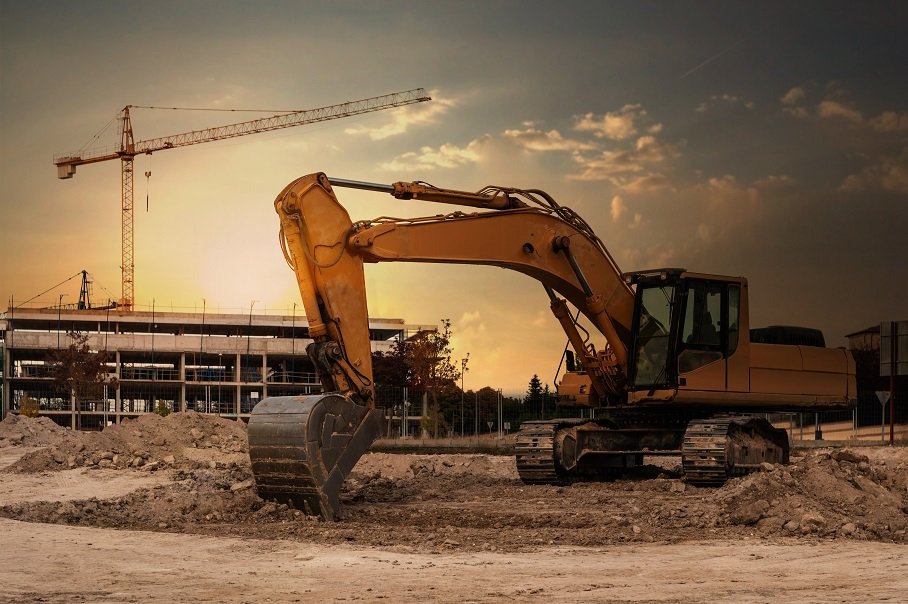On April 2, 2025, the Ministry of Environment, Forest and Climate Change (MoEFCC) issued the Environment (Construction and Demolition) Waste Management Rules, 2025, which will take effect on April 1, 2026. These rules establish an Extended Producer Responsibility (EPR) system for managing construction and demolition waste. The rules will impose obligations on producers to recycle construction and demolition waste, use recycled materials, register on official portals, report compliance etc. Originally proposed in July 2024, the enforcement date was postponed by one year and are slightly relaxed as compared to the draft.
Definitions of Key Terms
- Producer: A waste generator, who is occupier or in charge of a building or building complex project having a built-up area of 20000 square meters and above.
- Waste Generator: An occupier of the project having full control over the construction or reconstruction or demolition or renovation or remodeling activity resulting in the generation of waste.
Obligations for Producers and Waste Generators
- Registration
Register on the dedicated portal, which will be developed by the Central Pollution Control Board (CPCB) within six months of the rules publishment.
2. Waste Management Plan
Prepare a document specifying the anticipated waste quantity and its categories for submission to local authorities.
3. EPR Targets
Recycle the specified percentage of generated waste. Targets will be increased annually reaching 100% by year 2028-29.
| Year | EPR Targets for Recycling (Construction and Demolition Project) |
|---|---|
| 2025-26* | 25% of the waste generated in previous year |
| 2026-27 | 50% of the waste generated in previous year |
| 2027-28 | 75% of the waste generated in previous year |
| 2028-29 and onwards | 100% of the waste generated in previous year |
*Although the rules take effect in 2026, obligations for 2025-26 are included, causing some legal ambiguity.
Construction and reconstruction projects must also use a certain proportion of recycled materials:
| Year | Utilisation of waste targets in Construction and Re-construction (%) |
|---|---|
| 2026-27 | 5% |
| 2027-28 | 10% |
| 2028-29 | 15% |
| 2029-30 | 20% |
| 2030-31 and onwards | 25% |
Materials counted toward EPR obligations include cement concrete, bricks, cement plaster, stones, rubble, and tiles ceramics. Iron, wood, plastic, metal, and glass are excluded.
4. Annual Reporting
Submit data including waste generation volumes by May 15 each year.
5. Incident Reporting
Notify the State Pollution Control Board of accidents within 24 hours.
6. Other Responsibilities
Ensure waste segregation, proper storage, and transfer to authorized recycler.
Environmental Compensation Mechanism
Violations of these rules will result in fines termed environmental compensation. A portion of the fine is refundable if the violation is corrected within a specified timeframe:
- 85% refund within 1 year
- 60% refund within 2 years
- 30% refund within 3 years
- No refund beyond 3 years
The complete text of the rules can be downloaded from the following link:
Environment (Construction and Demolition) Waste Management Rules, 2025
 India Publishes EPR Rules for Construction and Demolition Waste, Effective April 2026
India Publishes EPR Rules for Construction and Demolition Waste, Effective April 2026 

























